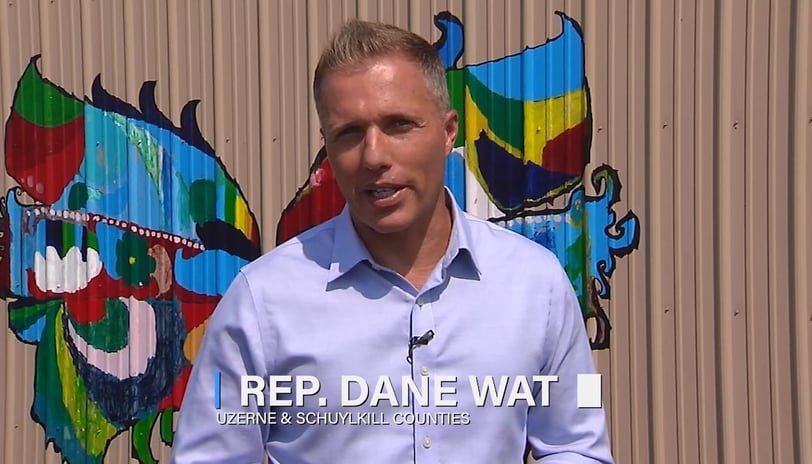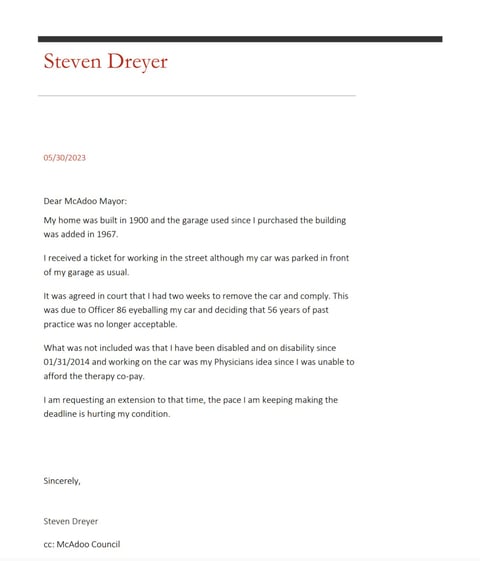Reflections on Justice: A Sunday Without My Car
5/4/20252 min read


A Forced Reflection
As I sit at home on another Sunday, confined to my thoughts without the freedom of my car, I cannot help but reflect on the troubling actions of individuals in positions of power. The actions of local leaders, particularly the mayor of McAdoo, have left me grappling with injustices that seem to plague our society. How is it that a public official can so blatantly disregard the legal rights of a handicapped individual? The discrimination I have faced as a 70-year-old man living with disabilities is not just personal; it reflects a broader societal issue that merits discussion.
Faith and Forgiveness: A Conflicted Perspective
The concept of forgiveness is often celebrated within the Christian faith, yet I notice unsettling parallels between this praise and the actions of individuals like Father Watro. The traditional practice of dropping a few dollars into the collection plate, all while turning a blind eye to the injustices faced by neighbors, raises questions about the authenticity of such faith. Can one truly embody the teachings of Jesus while simultaneously allowing corruption and discrimination to flourish unchecked?
The Cost of Silence
In McAdoo, the mayor’s transgressions against my rights seem numerous and yet, frustratingly, they go unnoticed by many. It is crucial that I highlight my plight, not only for personal resolution but for those who might find themselves in similar situations. I possess the evidence to support my claims, yet the influence of significant contributions—such as Vilcheck’s $1500 donation to Father Watro—suggests that forgiveness, for some, is a commodity that can be purchased. This raises a critical question about the moral fiber in our local governance: does financial backing enable one to escape accountability for their actions?
As I ponder these themes on this quiet Sunday, alone with my thoughts, I feel a rising sense of urgency to advocate for just treatment of all citizens. The experiences faced by myself and others in the community should not remain buried in silence. It is time we demand our rights to be recognized and respected, regardless of our circumstances.
In conclusion, my reflections serve as a reminder that the intersection of faith, power, and ethics requires vigilance from all citizens. Allowing corruption to persist without challenge only furthers the cycle of injustice. As I look toward a new week, let this reflection inspire action and advocacy on behalf of those who may feel powerless in the face of discrimination.


